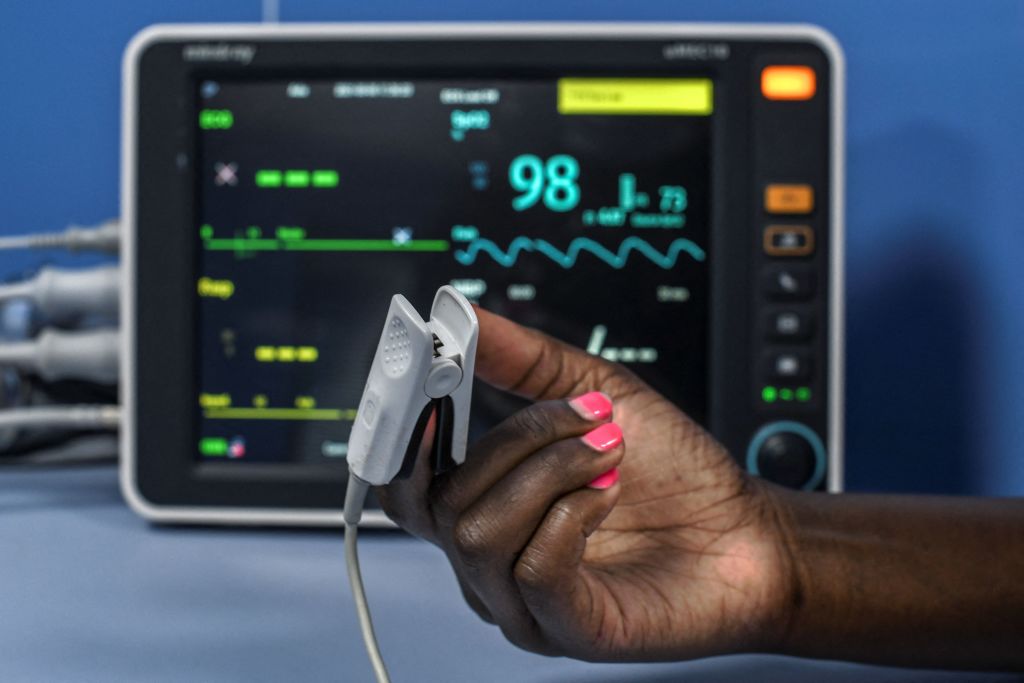Even Minor COVID-19 Cases Come With Major Risks
ADF STAFF
Researchers are warning about chronic health problems long after patients contract COVID-19. Even mild cases can raise the risk of cardiovascular problems for at least a year after being diagnosed, according to the authors of a recent study.
“SARS-CoV-2 infection was associated with a substantial increase in the risk of hospitalization or death from myocarditis, pericarditis and cardiac arrhythmia,” the study said.
The risk was elevated even for healthy people younger than 65 without risk factors such as obesity or diabetes.
Co-author Ziyad Al-Aly, a clinical epidemiologist and long-COVID researcher at Washington University in St. Louis, Missouri, says health officials must prepare for these increased risks.
“It doesn’t matter if you are young or old, it doesn’t matter if you smoked, or you didn’t,” he told Nature magazine. “The risk was there.”
COVID-19 can attack the heart, brain, liver, kidneys and digestive tract. Symptoms can last for months or years.
The study examined 154,000 COVID-19 patients for a year and compared them to control groups that included more than 11 million uninfected people.
As much as a year after recovering from a bout of COVID-19, patients showed startling increases in 20 cardiovascular problems.
They were 52% more likely to have a stroke, 63% more likely to have a heart attack and 72% more likely to have heart failure.
Even people who avoided hospitalization were at higher risk for many conditions.
The data also showed that people reinfected with COVID-19 are more likely to suffer a range of medical problems in subsequent months — heart attacks, strokes, kidney disorders, breathing problems and mental health issues.
“The major revelation here is really that the risk of heart problems persisted a year after the initial infection,” Al-Aly told news website Practical Cardiology. “We’re now starting to think about SARS-CoV-2 as a virus that might actually have chronic consequences that last well beyond the acute phase.”
Two and a half years into the pandemic, health officials have recorded more than 12 million infections on the African continent.
Not only were some experts correct when they predicted in early 2020 that most people would catch COVID-19, but it also has become more likely to get infected more than once.
Epidemiologist Salim Abdool Karim, director of the Center for the AIDS Program of Research in South Africa, has seen the impact of five distinct waves of COVID-19 hitting his country.
“I personally know several individuals who have had COVID in almost every wave,” he told The Atlantic magazine.
Scientists don’t yet know what happens to people who contract mild COVID again and again. Long COVID remains a possibility whenever people are infected.
“Even if it’s not the worst-case scenario,” Abdool Karim said, “I wouldn’t want to put myself in that position.”
Al-Aly says every infection is a gamble.
With the latest warnings of serious complications even after mild cases, health care providers on the continent should be prepared to address an increase in cardiovascular conditions.
Al-Aly is studying the long-term damage incurred by repeat infections. The data is still emerging, but he thinks long COVID is a bigger risk for those who have contracted the virus two or three times compared to those who have gotten it once.
He still worries that health officials will wait too long in preparing for what comes after a COVID-19 infection.
“We collectively dropped the ball on COVID,” he said. “And I feel we’re about to drop the ball on long COVID.”


Comments are closed.